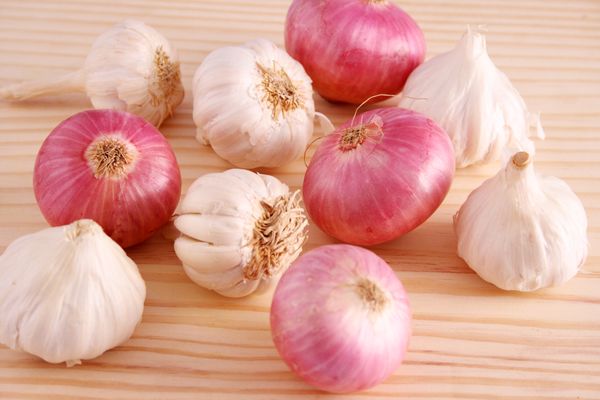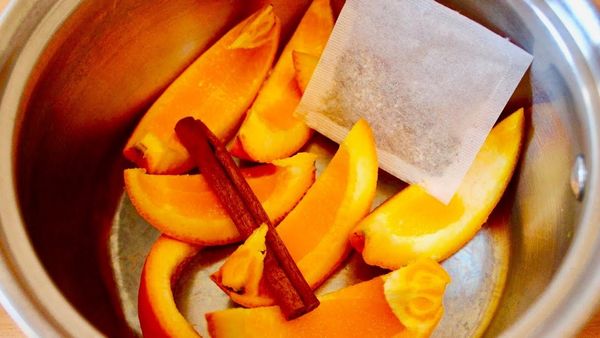Are you looking for natural ways to improve your health? Look no further – beets and ginger are here to save the day! Incorporating these two powerful ingredients into your diet can work wonders for your overall wellness. Not only will they boost your energy, but they will also help maintain your immune system, keep your vision sharp, and even stabilize your blood pressure. Let’s dive into the magic of beets and ginger and discover how you can easily incorporate them into your daily routine.
Why Beets and Ginger Are So Powerful
Beets: Supporting Your Blood Pressure
Beets are rich in nitrates, which convert to nitric oxide in your body. This process relaxes your blood vessels, leading to improved blood flow and lower blood pressure levels. But that’s not all – beets also contain antioxidants like lutein and zeaxanthin, which protect your eyes from age-related conditions such as macular degeneration. Additionally, beets aid liver function by flushing out toxins, helping you feel clean and energetic. On top of that, the increased blood flow from beets enhances cognitive function, keeping your mind clear.
Ginger: A Superhero Against Inflammation
Ginger brings its own set of superpowers to the table. Its anti-inflammatory properties reduce the risk of chronic diseases and joint pain, making it a true lifesaver. Ginger also promotes gut health, ensuring better absorption of nutrients and keeping your body functioning optimally. In addition to that, ginger fights infections and strengthens your immune system. And just like beets, ginger improves blood flow, benefiting your heart, brain, and eyes.
How to Use Beets and Ginger
1. Beet and Ginger Juice
Start your day off right with this refreshing and health-packed juice.
Ingredients:
- 1 medium beetroot (raw or boiled)
- 1-inch piece of fresh ginger
- 1/2 lemon (optional, for flavor)
- 1 cup of water
Instructions:
- Peel and chop the beetroot and ginger.
- Blend them with water until smooth.
- Strain the mixture (optional) and add a squeeze of lemon for an extra kick.
- Drink this delicious juice daily, preferably in the morning.
2. Beet and Ginger Salad
Add a burst of color and nutrients to your meals with this vibrant salad.
Ingredients:
- 1 boiled beetroot (sliced)
- 1 grated carrot
- 1 teaspoon grated fresh ginger
- 1 tablespoon of olive oil
- A squeeze of lemon juice
Instructions:
- Toss all the ingredients together in a bowl.
- Season with a pinch of salt and pepper.
- Serve this refreshing salad as a side dish or light meal.
3. Beet and Ginger Tea
Indulge in the warmth and goodness of this soothing beverage.
Ingredients:
- 1 small beetroot (sliced)
- 1-inch piece of ginger (sliced)
- 2 cups of water
- Honey (optional, for sweetness)
Instructions:
- Boil the beetroot and ginger slices in water for 10 minutes.
- Strain the mixture and add honey if desired.
- Sip this comforting tea slowly and enjoy its benefits.
What to Expect After Regular Consumption
By incorporating beets and ginger into your daily routine, you’ll experience an array of fantastic benefits. Here’s what you can expect:
Stable Blood Pressure: The nitrates in beets and the circulatory benefits of ginger will keep your blood pressure in check.
Clear Vision: The antioxidants found in beets protect your eyes from damage and age-related decline, ensuring that your vision remains sharp.
Sharp Mind: Improved blood flow to the brain, thanks to beets, enhances focus, memory, and mental clarity.
Stronger Immunity: Both beets and ginger boost your body’s ability to fight off illness, helping you stay healthy and strong.
Increased Energy: With their detoxifying and nutrient-boosting properties, beets and ginger will keep you energized throughout the day.
A Lifestyle That Complements Beets and Ginger
To maximize the benefits of beets and ginger, pair them with regular exercise, proper hydration, and a well-balanced diet rich in fruits and vegetables. It’s also important to reduce your intake of processed foods and high-sodium meals. By adopting these habits, you can support your blood pressure levels, overall health, and well-being.
Incorporating beets and ginger into your routine is a simple yet effective way to support long-term health and vitality. So why wait? Start your journey to a healthier you today and experience the life-changing benefits of these amazing ingredients! ✨









